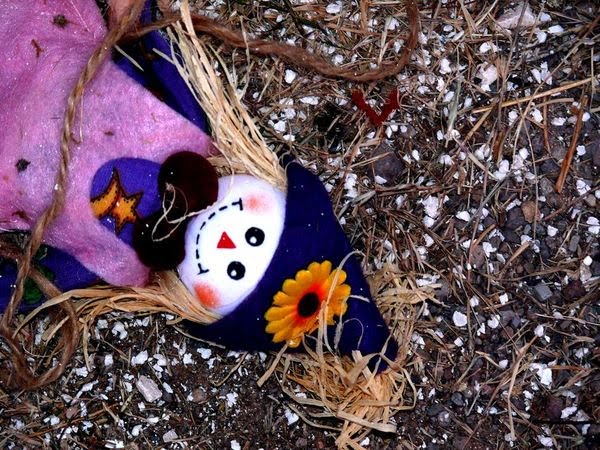120719 10:32 i owe
I know i owe many for their love and repay with interest and gratitude So off to school I go --
hospice to learn more & own my humility for the privilege of entering the great democracy due us one
and all without fear our true Home and Due Heaven adored by He who sent us here.
. . . an afterthought for all who fought on either and all sides my heroes dead or returned mutilated from aggression sent @ home or abroad be well Heaven is within you now and always blest --xoj
--Lord Byron
George Gordon Byron, 6th Baron Byron, later George Gordon Noel, 6th Baron Byron, FRS (January 22, 1788 – April 19, 1824), commonly known simply as Lord Byron, was a British poet and a leading figure in Romanticism. Amongst Byron's best-known works are the brief poems She Walks in Beauty, When We Two Parted, and So, we'll go no more a roving, in addition to the narrative poems Childe Harold's Pilgrimage and Don Juan. He is regarded as one of the greatest British poets and remains widely read and influential.
Byron was celebrated in life for aristocratic excesses including huge debts, numerous love affairs, and self-imposed exile. He was famously described by Lady Caroline Lamb as "mad, bad and dangerous to know." He travelled to fight against the Ottoman Empire in the Greek War of Independence, for which Greeks revere him as a national hero. He died from a fever contracted while in Messolonghi in Greece.
Strike as I struck the foe! Strike as I would
Have struck those tyrants! Strike deep as my curse!
Strike!—and but once! --“--Marino Faliero” {anaphora--rhetorical form}
"A schoolboy's tale, the wonder of an hour!"
Above me are the Alps,
The palaces of Nature, whose vast walls
Have pinnacled in clouds their snowy scalps,
And throned Eternity in icy halls
Of cold sublimity, where forms and falls
The avalanche – the thunderbolt of snow!
All that expands the spirit, yet appals,
Gather around these summits, as to show
How Earth may pierce to Heaven, yet leave vain man below.
--Childe Harold's Pilgrimage, Canto III (1816), line 590.
"Admire, exult, despise, laugh, weep - for here There is such matter for all feelings: - Man! Thou pendulum betwixt a smile and tear."
"Adversity is the first path to truth.”
"All who would win joy, must share it; happiness was born a twin."
"Always laugh when you can. It is cheap medicine."
But now being lifted into high society,
And having pick'd up several odds and ends
Of free thoughts in his travels for variety,
He deem'd, being in a lone isle, among friends,
That without any danger of a riot, he
Might for long lying make himself amends;
And singing as he sung in his warm youth,
Agree to a short armistice with truth.
--Don Juan (1818-24), Canto III, Stanza 83
But these are foolish things to all the wise,
And I love wisdom more than she loves me;
My tendency is to philosophise
On most things, from a tyrant to a tree;
But still the spouseless virgin Knowledge flies,
What are we? and whence come we? what shall be
Our ultimate existence? What's our present?
Are questions answerless, and yet incessant.
-Don Juan (1818-24), Canto VI, Stanza 63.
"Friendship is Love without his wings!"
"Gone - glimmering through the dream of things that were."
"Hereditary boundsmen! Know ye not Who would be free themselves must strike the blow?"
"He who first met the Highlands' swelling blue
Will love each peak that shows a kindred hue,
Hail in each crag a friend's familiar face,
And clasp the mountain in his mind's embrace.
--The Island (1823), Canto II, stanza 12.
"I remember at Chamouni – in the very eyes of Mont Blanc – hearing another woman – English also – exclaim to her party – "did you ever see any thing more rural". --Journal entry for September 17, 1816.
“It is very certain that the desire of life prolongs it.”
"Letter-writing is the only device for combining solitude with good company."
"Nor ear can hear nor tongue can tell The tortures of that inward hell."
“Smiles form the channels of a future tear.”
“The busy have no time for tears.”
“The great art of life is sensation, to feel that we exist, even in pain.”
“They never fail who die in a great cause.”
“Truth is always strange; Stranger than fiction." --Don Juan
"Friendship is Love without his wings!"
“It is very certain that the desire of life prolongs it.”
“Smiles form the channels of a future tear.”
“The busy have no time for tears.”
“The great art of life is sensation, to feel that we exist, even in pain.”
"The power of Thought, - the magic of the Mind!"
'Tis strange the mind, that very fiery particle,
Should let itself be snuff'd out by an article.
--Don Juan (1818-24), Canto XI, Stanza 60.
“They never fail who die in a great cause.”
“Truth is always strange; Stranger than fiction." --in Don Juan
When Bishop Berkeley said "there was no matter,"
And proved it,—'Twas no matter what he said.
--Don Juan (1818-24), Canto IX, Stanza 1. Allusion to a dissertation by Berkeley on Mind and Matter, found in a note by Dr. Hawkesworth to Swift's Letters, pub. 1769.
sorry i've no time to make the above pretty If you wish I'll send it from my quote diary


No comments:
Post a Comment